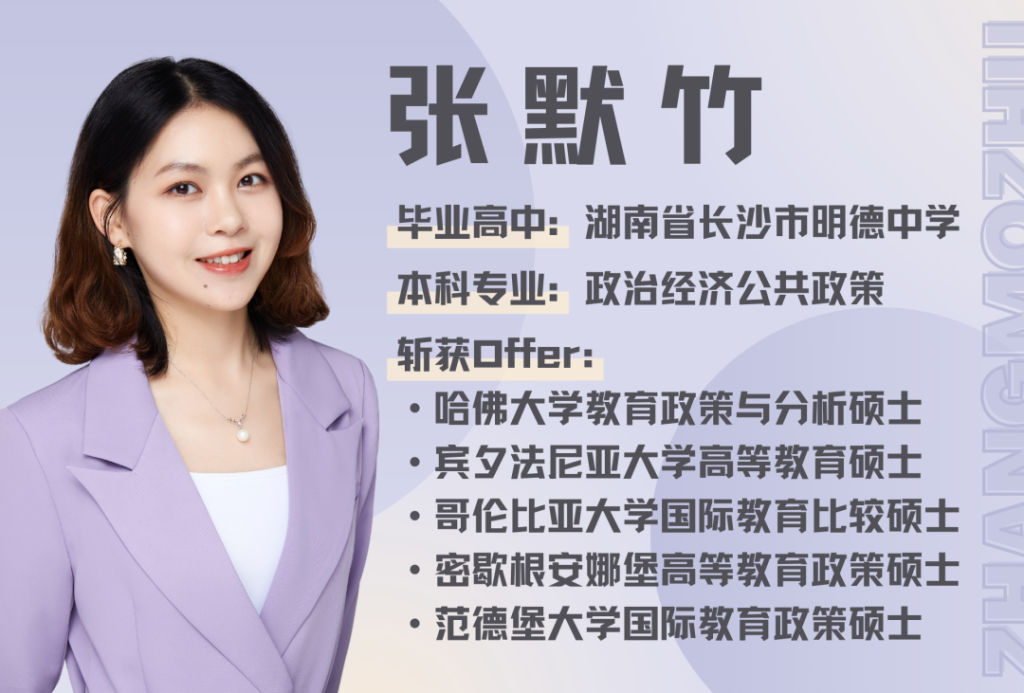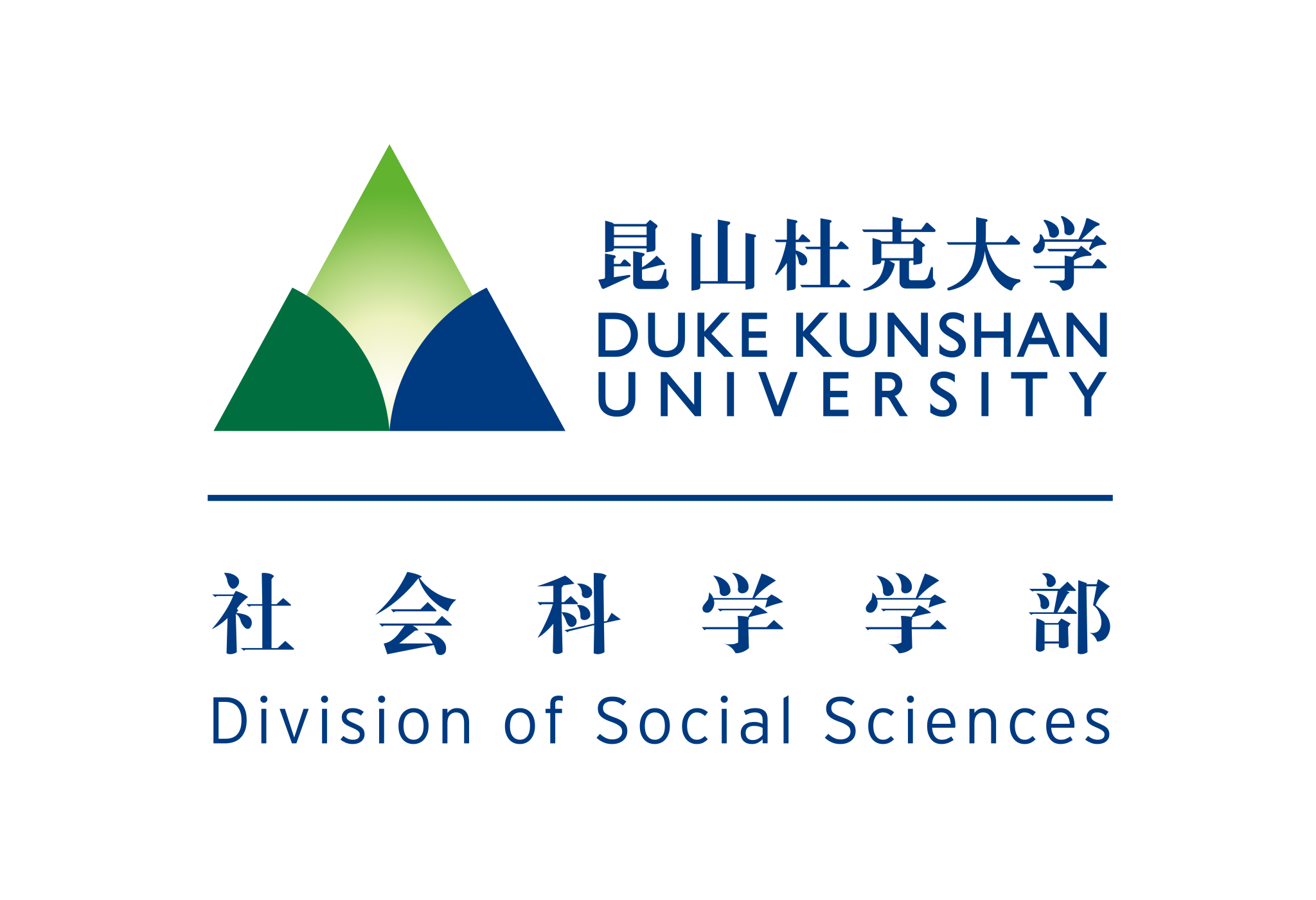
01 How did you develop your passion for education?
There are two main reasons. One is the influence of the family environment, and the other is the foundation of personal experience. I was born in a family of teachers and have been very familiar with teaching since I was a child.
I really started to pay attention to education issues in middle school. When I was in junior high school, I began to provide point-to-point assistance to a pair of twin brothers in rural Hunan. In the correspondence with them, I felt their desire for education and realized the problem of uneven distribution of educational resources.
Later, when I was in high school, I met the Honghui Education Foundation team rooted in Hunan and participated in their summer teaching activities. The college student volunteers who taught together were all funded by the foundation and returned to their hometown after realizing their college dreams. From them, I saw the power of education and realized again that educational equity is a real and extremely important issue.
Five or six years have passed, and they have developed particularly well in all walks of life. Not only are there top students who graduated from Peking University and Tsinghua University, but there are also students studying traditional Chinese medicine, dance and media. I could feel that they were very satisfied with their chosen majors and life paths, which made me start to think seriously about what kind of higher education I needed and was most suitable for.
In addition, my two study tours in the United States in junior high and high school also exposed me to many novel educational concepts and practices, which made me look forward to having the opportunity to experience and study them for a long time and in more depth in the future. So, I became the only student in Changsha Mingde Middle School who applied for a Sino-foreign cooperative university in 2018. The application process was quite lonely at that time, but fortunately my class teacher was very supportive of me. She believed that I was a unique child and that I fit in well with the temperament of DKU.
At that time, I was also fortunate to win the Peking University Peiwen Cup National First Prize and the favor of Central South University with my novel about left-behind children in rural areas, which was influenced by my teaching experience. It was the firm support of my class teacher and family that made me finally choose DKU. Now it seems that it was fate that led us to go both ways. DKU inspired and released my love for education with its freedom and tolerance.
02 Why are you interested in public policy?
In fact, when I first came to DKU, I just cultivated education as an extracurricular interest. During my freshman and sophomore years, I focused on Sociology and Economics, and later determined that the branch of public policy was a compromise.
When I was taking the Public Policy 101 course, the COVID-19 outbreak happened, and the professor, Annemieke van den Dool, began to take us to understand how different countries responded to the epidemic and what relevant policies were introduced. At that time, I felt that this class was really close to life, and I could transfer the theories learned in class to what was happening around me and far away.
What’s more interesting is that students from different countries in the class can become spokespersons for their hometowns. Every time they meet, they report the latest policy progress to each other and then analyze it together. So, I decisively chose the public policy direction under political economics as my major.
Although DKU does not have a special education major, the interdisciplinary and current affairs analysis-based classes allow me to study the status quo, social impact and strategic development of education issues from different dimensions. I think this model is very helpful to broaden our horizons.
03 How do you practice your love for education?
Me: “Does DKU have any education-related clubs?”
Interviewer: “Not yet.”
Me: “When I come, I will definitely create one.”
Interviewer: “Welcome!”
This is a conversation between me and the interviewer during the DKU Campus Day interview. I am very happy that I fulfilled this promise.
During the Orientation Week, I met several friends who were also interested in education, including four Chinese students, one Vietnamese student, one Ethiopian student, and one American student. The seven of us hit it off and, under the initiative of our classmate Tang Lingli, we founded KEY Club (Knowledge & Education for Youth Club), the first volunteer education club for young people in DKU.
At the beginning, we cooperated with local primary schools in Kunshan and taught English to primary school students every Friday. Later, our club cooperated with the “Kunshan Hut” run by the school and went deep into the Yonggong Village community in Kunshan to teach children English and take them to do various activities. At that time, I worked with another classmate, Wei Yiyao. We did everything from coordinating local contacts to recruiting volunteers, preparing lessons and designing activities. This helped us improve our communication skills, leadership and creativity.
Later, during the outbreak, KEY club also launched the “Zhanrui Project”, which provided free online tutoring and care to the children of medical staff working on the front line. The name “Zhanrui” suddenly came to me during the brainstorming of the project at the beginning. It echoed the growing children and the spring that was locked outside the door during the epidemic, encouraging everyone to wait for the stamens to bloom and the flowers to bloom.
In addition, I interned at the Beijing Lunar Exploration Academy for nearly two months during the summer vacation of my junior year. It was an innovative high school that practices liberal arts education for young people around the world. There, I met a group of educators who love innovation. Under their influence, I gradually decided to pursue a master’s degree in education.
04 Scientific Research Experience With A Unique Perspective
I recently completed my Signature Work. I remember that when I decided on the research topic, I was interning at a consulting company, and the client I was assigned to was a teaching and training institution. What’s more, I joined the company just when the “double reduction” policy was released, so our group almost became the team with the most frequent overtime in the company.
During that time, I collected a lot of relevant data and established an underlying logic for analyzing this new policy. So, after discussing with my mentor, Professor Wu Keping, I decided to use the “double reduction” policy as my signature work topic and conduct in-depth research on the impact of this policy on domestic “shadow education” institutions and the future development trend of the teaching and training market.
For me, the most interesting thing about studying a new policy is that I can compare the practices of other countries. The world citizen thinking advocated by DKU is probably infiltrated into our daily learning in this way. During the research process, I deliberately learned about the current situation of the teaching and training industry in Japan and South Korea, and I also saw that the introduction and improvement of a policy requires choices and efforts based on the actual national conditions.
Fortunately, in China, quality education is indeed moving forward, non-subject tutoring is also gradually being valued by parents, and college admissions standards are also being explored in an increasingly diversified manner. I am lucky to be able to do relevant research and witness the ongoing educational reform.
05 Plans After Graduation?
I remember that when I was in the EAP course in my freshman year, Kevin Sprague showed a picture of two fish in a bathtub. They were so used to their environment that they were not sure whether they were in the water. But I am a different “fish”. Not only can I perceive that the “waters” I live in are different from others, but I also want to study the formation, environment and where this “waters” will flow to in the end. With such curiosity, I plan to go to Harvard University to pursue a master’s degree in educational policy and analysis and study higher education in more depth.
06 Suggestions To Fellow Students?
1. Be curious to understand yourself and the world, and courage and confidence will follow.
2. After listening and exploring, there must be review and iteration, so that you can accumulate and output your energy to help others.
3. Education is an indispensable part of society. It can be expressed in many ways, but the warmest and most powerful thing is the connection between individuals it contains. Therefore, what is necessary to become an educator is the ability to communicate with people and establish connections.
4. I like the saying “There are only two roads in the world: the wrong road and the difficult road”, so on the road full of challenges and opportunities, every step counts.
Translated and Edited by Zhenyu Tian, Class of 2027



